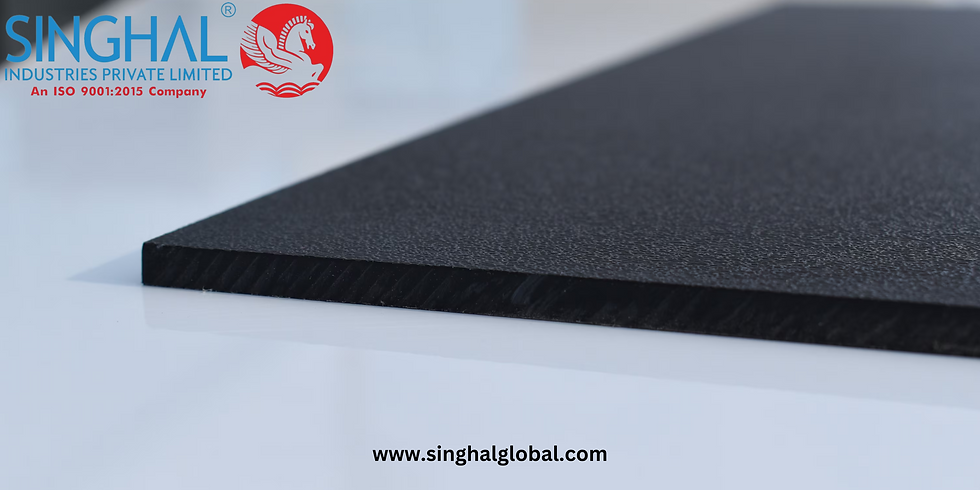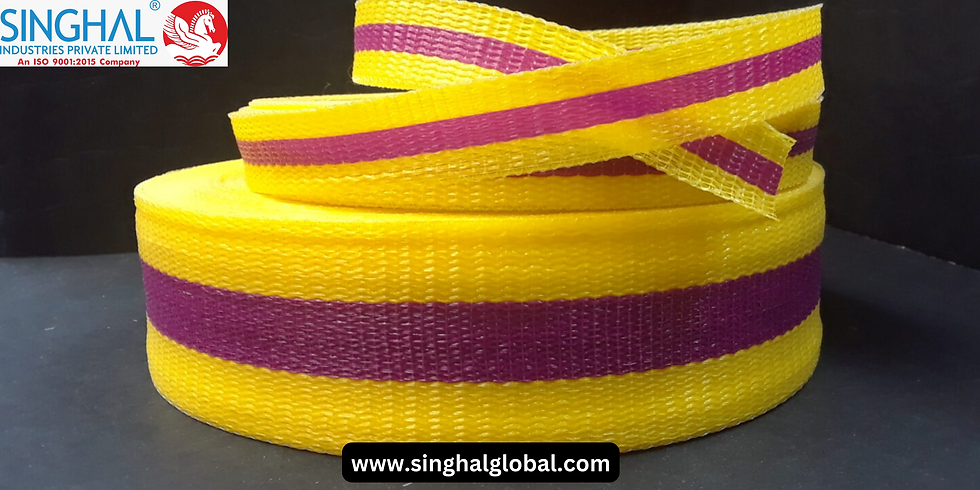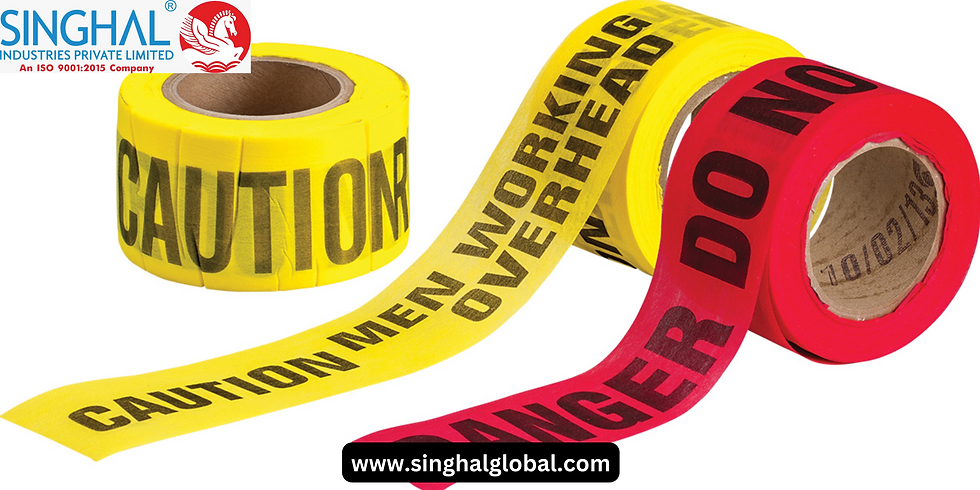High-Density Polyethylene (HDPE) Bags: A Closer Look at Versatile Packaging Solutions
- JP Singh
- Oct 17, 2023
- 3 min read

In the world of packaging, high-density polyethylene (HDPE) bags have carved a niche for themselves. These robust and versatile plastic bags have found applications far beyond the grocery store checkout counter.
In this article, we will delve into the uses of HDPE plastic bags and explore the numerous advantages they offer in various industries and everyday life.
Uses of HDPE Plastic Bags
HDPE plastic bags, known for their strength and durability, have become a staple in a wide range of applications. Their versatility extends to various industries and everyday scenarios, making them an essential packaging solution. Here are some primary uses of HDPE plastic bags:
Retail and Grocery Stores: HDPE bags are most commonly associated with retail and grocery stores. They serve as convenient and cost-effective carriers for purchased goods. Their ability to withstand the weight of groceries, clothing, and other products makes them a reliable choice for both retailers and consumers.
Food Packaging: In the food industry, HDPE bags are used to package a variety of products, including bread, produce, and frozen goods. These bags help maintain food freshness, prevent contamination, and extend the shelf life of items.
Garbage Bags: HDPE plastic bags, known as garbage bags or trash bags, are indispensable for waste collection and disposal. Their strength and resilience make them suitable for holding and containing household and industrial waste.
Medical and Healthcare: The medical and healthcare sector relies on HDPE bags for various purposes. They are used for the safe disposal of medical waste, and their durability and resistance to punctures make them ideal for packaging sterile items and medical supplies.
Industrial and Manufacturing: In industrial and manufacturing settings, HDPE bags find use as liners for containers and bins. They help protect materials during storage, transportation, and processing, ensuring the integrity of products.
Retail and Merchandise Packaging: HDPE bags are employed for packaging retail merchandise such as clothing, accessories, and electronics. Their transparency and durability allow consumers to inspect the contents while keeping them protected.
Promotional and Customization: Many businesses use HDPE bags as promotional items. Their customizable nature allows companies to print their logos, branding, and messages on the bags, serving as a cost-effective marketing tool.
Advantages of HDPE Plastic Bags
HDPE plastic bags offer a multitude of advantages that make them a popular choice for various applications. Their unique properties set them apart from other packaging solutions, and they continue to provide valuable benefits to consumers and industries. Here are the key advantages of HDPE plastic bags:
Strength and Durability: HDPE bags are known for their strength and resilience. They can withstand heavy loads without tearing or puncturing, making them suitable for carrying groceries, industrial materials, and waste.
Cost-Effective: HDPE bags are an economical packaging solution. They are affordable to produce and purchase, making them a cost-effective choice for businesses and consumers.
Lightweight: Despite their durability, HDPE bags are lightweight. This makes them easy to carry and transport, reducing the overall weight of packaged goods and contributing to fuel efficiency during transportation.
Recyclable: HDPE bags are recyclable and can be repurposed into a range of products, including new plastic bags, plastic lumber, and more. Recycling HDPE bags helps reduce plastic waste and promote sustainability.
Chemical Resistance: HDPE bags have excellent chemical resistance. They can safely contain a wide range of substances, making them suitable for packaging both food and non-food items.
Customization: Businesses have the flexibility to customize HDPE bags with their branding, logos, and messages. This customization enhances brand visibility and provides a marketing opportunity.
Environmentally Friendly Options: Many manufacturers produce HDPE bags with an eco-friendly focus. These bags may be biodegradable, compostable, or made from recycled materials, reducing their environmental impact.
Hygienic and Easy to Clean: HDPE bags are hygienic and easy to clean. Their smooth, non-porous surfaces make them suitable for food packaging, and they can be wiped clean for reuse.
Versatility: The versatility of HDPE bags is evident in their multiple applications, from carrying groceries to industrial use to medical waste disposal. Their adaptability makes them suitable for various needs.
In conclusion, high-density polyethylene bags have established themselves as versatile and valuable packaging solutions. The uses of HDPE plastic bags extend far beyond the grocery store, encompassing a wide range of applications in retail, food packaging, waste management, and more. Their advantages, including strength, cost-effectiveness, recyclability, chemical resistance, and customization, make them an enduring choice for both businesses and consumers.
As environmental consciousness grows, the development of eco-friendly options further reinforces the position of HDPE bags as an environmentally responsible packaging solution. With ongoing innovations and a focus on sustainability, HDPE PP bags continue to meet the diverse needs of packaging in the modern world.



Comments